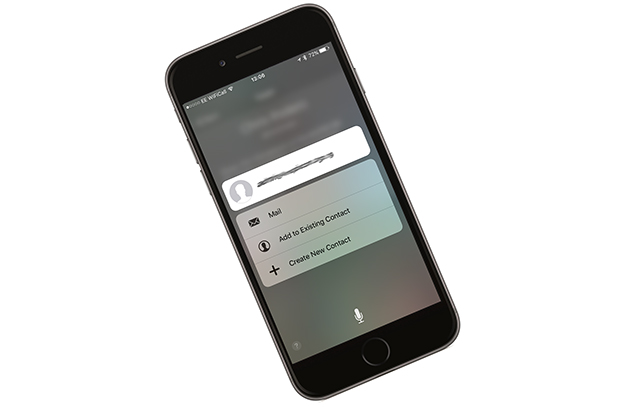
iPhone 6s security flaw lets anyone bypass the passcode and access contacts and photos
It might have taken the FBI quite some time to find a way to unlock a shooter's iPhone 5C, but it turns out to be trivially easy to access contacts and photos stored on the company’s newest flagship, the iPhone 6s.
The trick makes use of Siri and Twitter, and as the owner of a 6s I’ve been able to test this method myself, and can confirm not only that it works, but it’s very simple to implement.
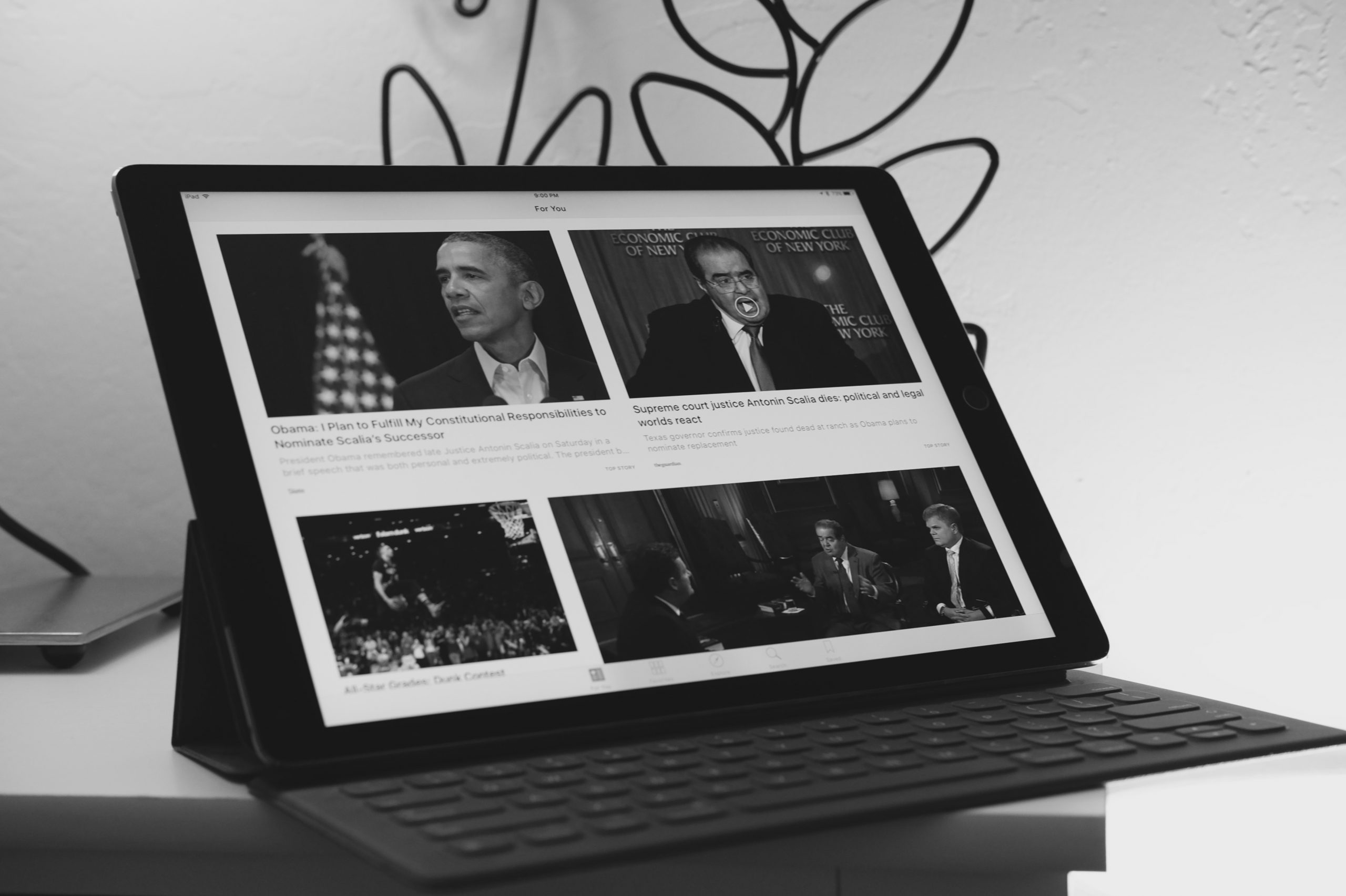
There's something you should know about 12.9-inch iPad Pro [seventh in a series]
April 3, 2016 marks the first day that I truly could use Apple's over-sized tablet to replace my laptop. But I had to spend another $84, before California tax, to do it. Gadget reviewers who say that iPad Pro cannot be your computer are wrong. The apps, performance, and utility are there. Anyone creating content should consider this device as compliment to, or replacement for, an existing PC. The problem with 12.9-inch iPad Pro isn't what it can do but how much it costs to assemble what you need. This kit is far from budget-friendly, which also can be said of Microsoft's competing Surface Pro 4.
I started my iPad Pro sojourn on Groundhog Day, planning to use the device as my primary PC for 30 days. The objective: Apple CEO Tim Cook says the big-ass tablet can replace a personal computer, I want to see if he is right. The experiment isn't my first journey like this. I tried something similar during summer 2011 with one of the first Chromebooks. The path was a dead end. But Spring 2012, when new commercial models released, I started down the path again and never looked back. Google's Chromebook Pixel LS was my main computer before adopting the iPad lifestyle.
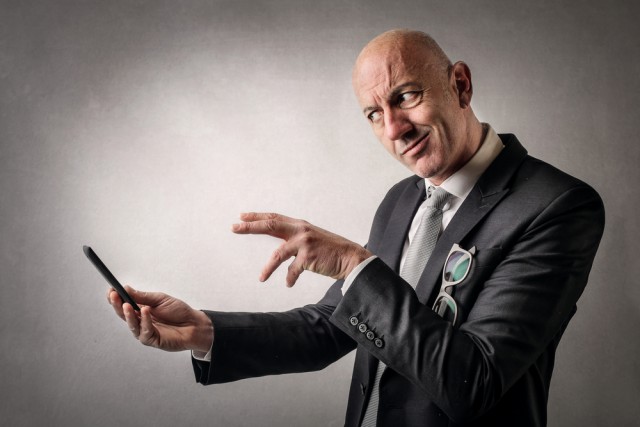
Get loads more free space on your Apple iPhone with this one weird trick (seriously)
I have to apologize upfront for employing such a well-known clickbait-style headline, but I’m genuinely about to show you how to immediately reclaim a lot of free space on a nearly full Apple iPhone using a weird trick. It’s not an April Fool’s either.
If you have an iPhone that’s close to running out of space, you can use this method to free up a sizable amount of storage. On my iPhone, which was filled to bursting with vacation photos, music and apps I managed to claw back a couple of gigabytes, which is some going.

An Apple 40th birthday reflection
Summer 1984, Chapel Hill, N.C., I learned something about prejudice and discrimination in America and saw my first Macintosh. Strangely, looking back at Apple, which celebrates its 40th birthday today, the two things connect.
As I reflected in Jan. 18, 2004, personal post: "Racism and Naiveté", I never thought much about skin color growing up in a region of America where most everyone is Caucasian. Northern Maine is a white wonderland for more than abundant snowfall. Strangely, though, my best friends had last names like Chung and Zivic. The local Air Force base, Loring, added color to the populace, and when it came to people I was decidedly colorblind.

Apple knocks it out of the park by signing iPad Pro deal with MLB
When Microsoft signed a deal with the NFL, I was pretty surprised. While it isn't surprising that the football league took Microsoft's money to promote the Surface Pro, I was surprised that Apple let it happen. After all, the NFL is big business -- I would have expected Tim Cook to step in with his company's ubiquitous iPad instead.
Today, Apple essentially smashes the Surface Pro with a baseball bat, arguably outdoing Microsoft's deal with the NFL. You see, Major League Baseball will now be using iPad Pro tablets in the dugout. While it is debatable as to which sport will have a bigger impact on sales, one thing is undeniable -- there are many more MLB games played than there are NFL, though the NFL remains more popular attendance-wise.
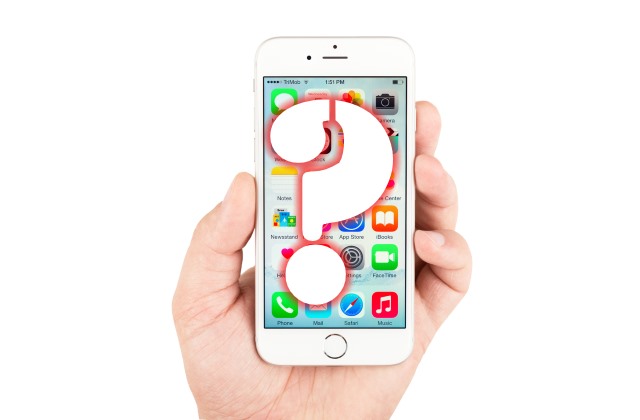
Apple responds to FBI iPhone hack, but questions remain
Yesterday, the FBI announced that it had managed to break into the San Bernardino shooter's iPhone sans help from Apple. The iPhone manufacturer will undoubtedly be pleased that the court case has come to an end without the company having to cave in and assist the agency.
In a statement, Apple said: "From the beginning, we objected to the FBI’s demand that Apple build a backdoor into the iPhone because we believed it was wrong and would set a dangerous precedent. As a result of the government’s dismissal, neither of these occurred. This case should never have been brought". But with the FBI's previous insistence that help from Apple was absolutely essential, some serious questions remain.
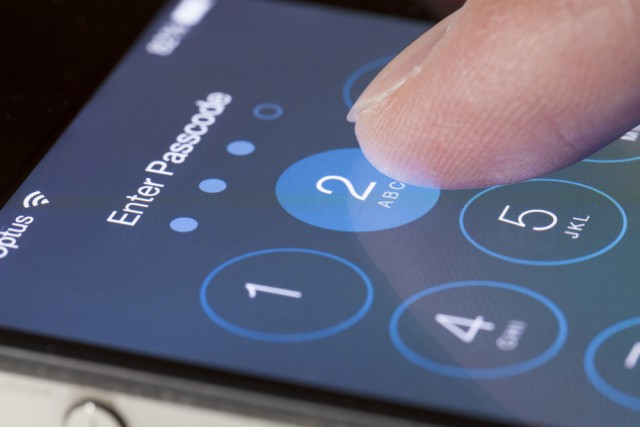
FBI cracks San Bernardino iPhone without help from Apple
The US justice department has announced that it has successfully cracked the iPhone belonging to the San Bernardino shooter, Syed Farook. The FBI was able to unlock the phone without help from Apple, ending the lawsuit that had pitted the FBI against Apple.
In a statement, the Justice Department said: "The government has now successfully accessed the data stored on Farook's iPhone and therefore no longer requires the assistance from Apple." It has been thought that Israeli security firm Cellebrite was helping the FBI, but the question now has to be asked about the security of other iPhones and whether law enforcement agencies will use the same technique to access data in the future.

Tech industry sides with Apple in San Bernadino iPhone case
The tech industry is on Apple’s side when it comes to the dispute with FBI over the unlocking of the San Bernardino shooter’s iPhone.
This was, once again, confirmed through a research done by security vendor AlienVault. According to the company’s survey, which polled 1,500 IT security professionals, 33 percent support FBI, while the rest think unlocking the phone will do nothing but weaken overall product security.
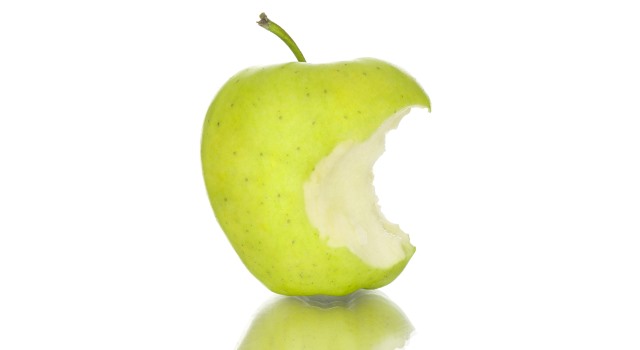
Zero day OS X flaw can bypass System Integrity Protection
Security company SentinelOne has released news of a major flaw in Apple OS X systems that can allow the bypassing of the latest System Integrity Protection security feature.
This zero day vulnerability is present in all versions of Apple's OS X operating system. It has been reported to Apple and patches will be available soon. SentinelOne’s lead OS X security expert, Pedro Vilaça, is presenting the full findings on this vulnerability today at SysCan360 2016 in Singapore.

You might want to hold off on upgrading to iOS 9.3, OS X 10.11.4 El Capitan [Update]
Apple earlier this week released new versions of its mobile and Mac operating systems, namely iOS 9.3 and OS X 10.11.4 El Capitan. They come with a significant number of changes, like Night Shift mode, extended Wi-Fi calling support and lots of security fixes, but also introduce bugs which are causing major issues for some early adopters.
It is not unheard of a new iOS or OS X release to break things, as Apple seems to be dealing with these kind of things quite frequently nowadays. Not everyone may be affected, but if you have an iPad 2 or use Apple's messaging services often on your Mac you might want to hold off on performing the upgrade.
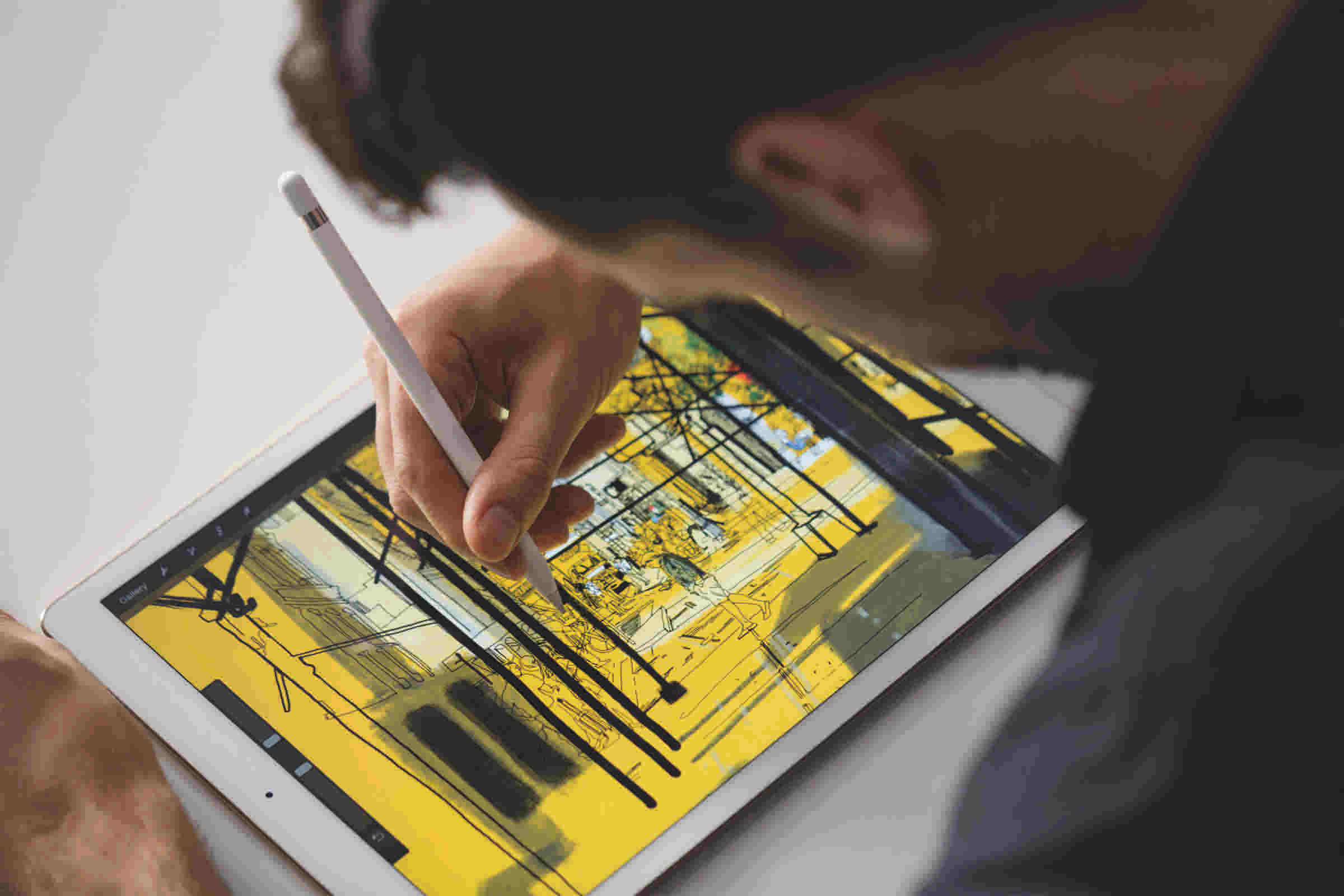
Apple iPad scheme seeks to reclaim the tablet market and win the post-PC wars
Something surely seems missing from this week's Apple Event. A year ago this month, Apple introduced the svelte, 12-inch MacBook. That makes the little laptop ripe for refresh, but it is MIA. Following a media hoopla where the figurative fireworks failed to light, everyone should ask: What is Apple doing? The new 4-inch iPhone is little more than the 5 model introduced in 2012 with fresh internals. The 9.7-inch iPad Pro fits into a crowded category where Apple is mob in the room. Where's the innovation?
After watching the live stream, carefully reviewing what Apple executives said, and looking over device sales trends, I must say this: Either Tim Cook is stupidest tech CEO on the planet, or one of the smartest. The event's big takeaway is this: Apple is trying to corner a faltering computing category on the presumption it's the next big thing. Cook takes great risk in search of greater rewards. If he's right, Apple may come to dominate the next personal computing platform—even as Android armies spread across the planet. Everything hinges on these: Will tablets replace PCs and can Apple become the overwhelming market share leader, regaining dominance held six years ago?

FBI can crack iPhone security and is classifying the method to prevent Apple fighting back
The FBI attempts to force Apple to unlock the San Bernardino shooter's iPhone have been in the headlines for a while now, stirring up debate about which side of the argument is in the right. Apple has refused point blank to help, but a recent twist saw the FBI changing its mind by saying it doesn't need Apple's help after all.
An outside party -- believed, but not known, to be Israeli security firm Cellebrite -- contacted the FBI to help access Syed Farook's iPhone. The Justice Department said it is "cautiously optimistic" that the proposed method, which is currently being tested, will be successful, but some reports suggest that it has already been used to break into some iPhones. Apple will obviously want to take steps to secure other devices if the hack is effective, but it has been classified to keep it secret.
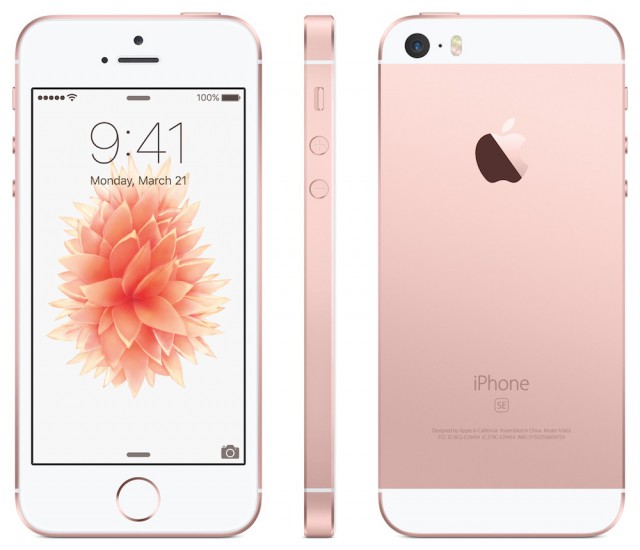
How much does an Apple iPhone SE cost in Europe, Australia and India? (Hint: A lot)
One of the main selling points of the new iPhone SE is its affordable price. Starting at just $399, Apple's latest smartphone costs $250 less than a comparable iPhone 6s or $150 less than a similar iPhone 6. For iPhone fans or would-be customers on a budget, it is a very attractive proposition. That is the story in US anyway.
In other markets, Apple has decided to sell the new iPhone SE at a premium, making it a less attractive proposition in the process. In Europe, for instance, prices are considerably higher even when removing VAT from the equation.

FBI may be able to access San Bernadino iPhone without Apple's help
Unless you've been chilling under a rock, news of Apple's fight with the FBI has been everywhere. Even though the iPhone-maker is clearly on the correct side of the encryption-cracking battle, some have sided with the agency. I understand that people want to access the terrorist's phone as a way to thwart future attacks, but when we give up our rights and privacy, the terrorists win.
Today, using the excuse that it might have found a third party solution to cracking the terrorist's phone, the FBI has requested to cancel tomorrow's court appearance. A judge has officially granted the agency's request, postponing the court meeting until April 5.
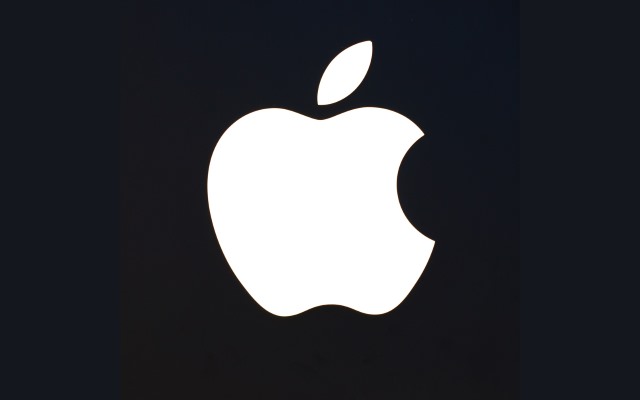
Apple releases iOS 9.3, OS X 10.11.4 El Capitan, tvOS 9.2 and watchOS 2.2 -- here's what's new
Apple just released iOS 9.3, OS X 10.11.4 El Capitan, tvOS 9.2 and watchOS 2.2, following its Let us loop you in event, which, among other things, saw the unveiling of iPhone SE, the 9.7-inch iPad Pro and new Apple Watch bands earlier today.
The latest batch of updates packs lots of changes, including security improvements and new user-friendly features but also bug fixes and better hardware support. Here is everything that you need to know.
